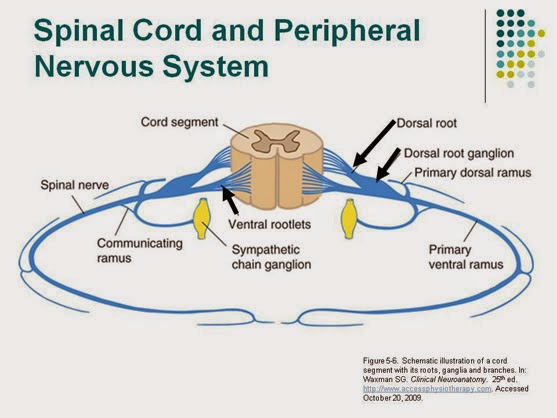The last Stanford Newsletter of Spring 2016:
" ...we publically announce our decision to begin the regulatory process to accept brain donations from deceased ME/CFS patients.
Oh, sorry.. I kind of overlooked that or didn't think about Stanford University being in the US. Somewhat spotty attention. Y' know?
I did, however, come across a Stanford newsletter mentioning some promising MRI research into ME/CFS
http://med.stanford.edu/content/dam... Montoya Newsletter Spring 2016 FINAL (1).pdf
Turns out the initial findings were made in 2014, but it looks like more funding is needed to further the study.
It looks like the same newsletter, but I can't find mention of brain donations in it.
I don't have ME, but Post Polio Syndrome. The subject of post-mortem studies and brain donations to science came up in one of my support group discussions, hence my interest here.
In the case of polio I think there's nothing to be gained from post-mortem examination nowadays, and MRI can show effects of polio in the brain well enough. However, post-mortem studies, conducted by a Dr. David Bodian, in the '40's or '50's did show that the polio virus
primarily targeted neurons in the brain - particularly areas of the brainstem and some surrounding tissues. These results are now helping to explain many of symtoms of PPS, such as fatigue, 'brain fog', difficulties with attention/concentration, word finding and so on. In some ways not altogether different to CFS, or so I gather.
We can only hope that, by whatever means, there may be an end to this suffering.

